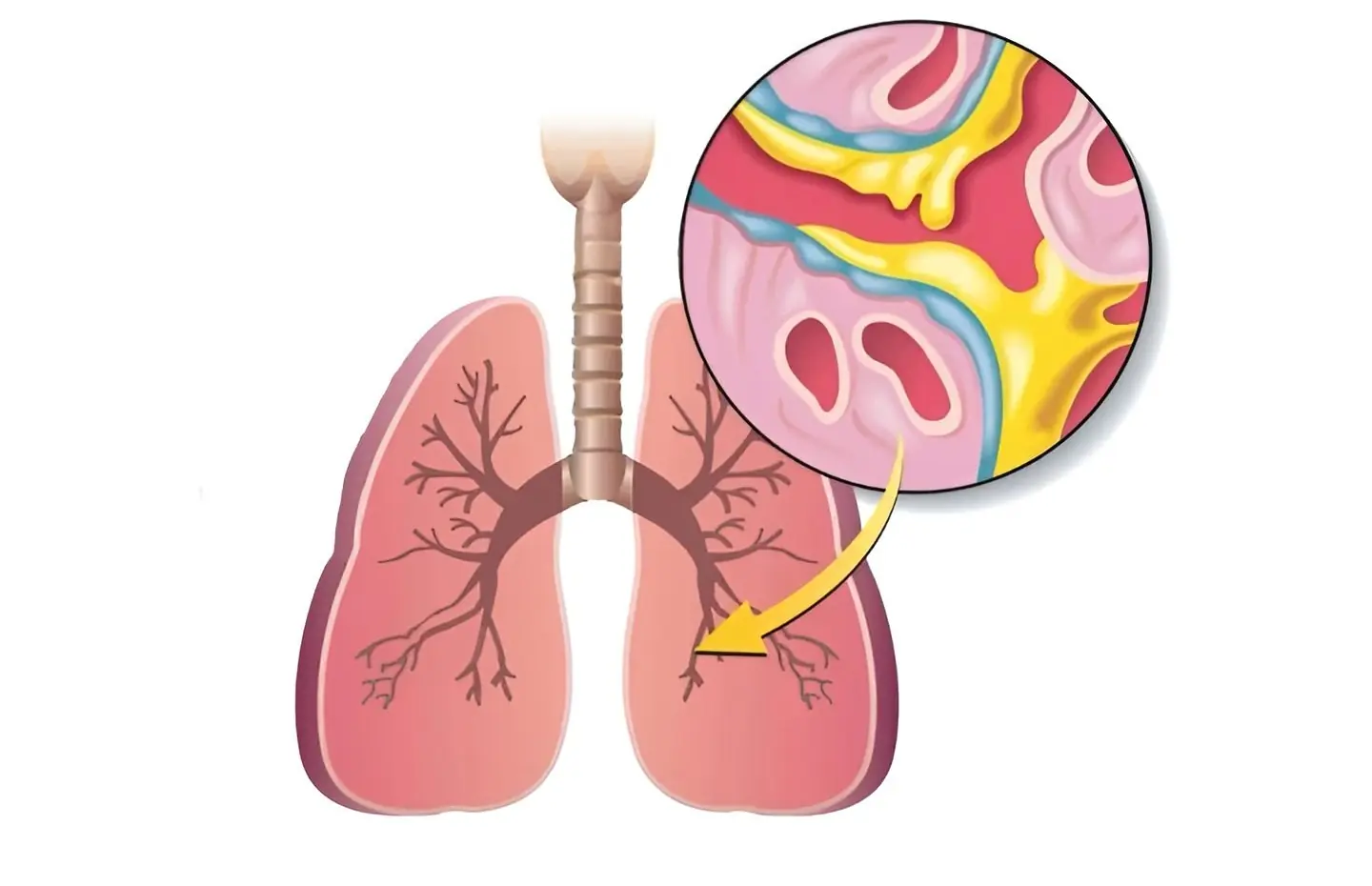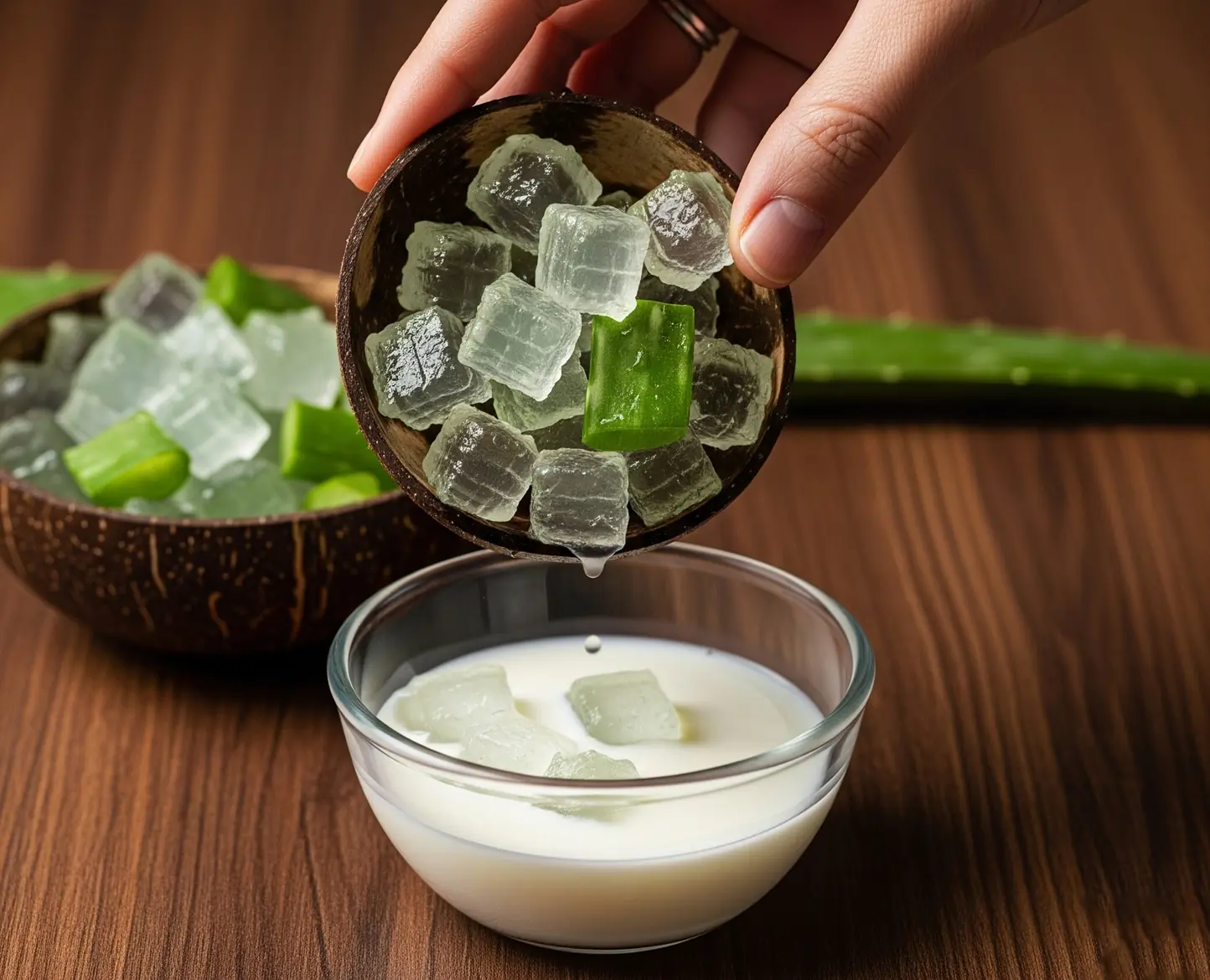
Discover the Surprising Health Benefits of Lemon Water: Hydration, Digestion, and More
 Unlocking the Power of Lemon Water: A Refreshing Boost for Your Health
Unlocking the Power of Lemon Water: A Refreshing Boost for Your Health
Lemon water has gained popularity as a simple yet effective way to enhance your daily hydration while adding valuable nutrients to your diet. Beyond its refreshing taste, lemon water offers a range of potential health benefits supported by scientific evidence. From providing an excellent source of vitamin C to aiding digestion and serving as a healthier alternative to sugary beverages, incorporating lemon water into your routine could improve your wellbeing in multiple ways.
A single glass of lemon water, made by squeezing one medium lemon (about 48 grams) into 8 ounces of water, contains just around 10 calories. Despite its low calorie count, it delivers approximately 21% of the daily recommended intake of vitamin C, along with small amounts of folate, potassium, and B vitamins. These nutrients contribute to antioxidant protection and essential metabolic processes, making lemon water a nutritious choice to start your day or stay refreshed.
1. Promoting Hydration with a Flavorful Twist
Staying hydrated is fundamental to maintaining good health. Water supports nearly every bodily function, including temperature regulation, joint lubrication, and waste elimination. However, some people find plain water boring, leading to inadequate intake. Adding lemon juice can enhance the flavor, making hydration more enjoyable.
According to the National Institute of Diabetes and Digestive and Kidney Diseases (NIDDK), adults should aim for six to eight 8-ounce glasses of fluids daily. Drinking lemon water is a tasty way to meet that goal and prevent dehydration symptoms such as fatigue, headaches, and dry skin.
2. A Potent Source of Vitamin C and Antioxidants
Lemons belong to the citrus family, rich in vitamin C—a powerful antioxidant that helps protect cells from oxidative stress caused by free radicals. Free radicals are unstable molecules that contribute to inflammation and may increase the risk of chronic diseases.
Vitamin C plays a vital role in collagen production, aiding skin health and wound healing. It also supports the immune system, enhances iron absorption from plant-based foods, and contributes to the synthesis of important hormones.
Lack of sufficient vitamin C can lead to increased susceptibility to infections, fatigue, and even skin issues. By drinking lemon water regularly, you can help meet your body’s vitamin C needs in a delicious way.
3. Supporting Weight Management Efforts
While lemon water is not a magic solution for weight loss, it can be a helpful component of a healthy lifestyle. Drinking water before meals may reduce appetite and calorie intake, as found in a 2018 study where participants consumed fewer calories after hydrating pre-meal.
Lemon water offers a flavorful alternative to sugary drinks, which are linked to weight gain and metabolic issues. Choosing lemon water over sodas and juices can reduce added sugar intake and support your weight management goals.
4. A Healthier Alternative to Sugar-Sweetened Beverages
Sugar-sweetened beverages like soda, sports drinks, and fruit juices are major contributors to added sugars in the diet. Excessive sugar consumption is associated with obesity, type 2 diabetes, heart disease, and tooth decay.
Lemon water can satisfy your thirst and taste buds without the harmful effects of added sugars. The Dietary Guidelines for Americans recommend limiting added sugars to less than 10% of daily calories—switching to lemon water is a simple step toward that goal.
5. Citric Acid and Kidney Stone Prevention
The citric acid in lemons has been shown to help prevent the formation of kidney stones. Citrate, derived from citric acid, binds with calcium in the urine, reducing the likelihood of stone formation and potentially helping dissolve small stones.
The National Kidney Foundation suggests drinking lemon juice diluted in water as part of a kidney stone prevention strategy, alongside other medical treatments.
6. Potential Digestive Benefits
Lemon water may aid digestion by stimulating gastric acid secretion, improving the breakdown and absorption of nutrients. A 2022 study indicated that citric acid increased stomach acid production, which can support efficient digestion.
Another study in 2021 observed participants consuming lemon water before meals over four weeks experienced enhanced intestinal motility—helping move food through the digestive tract more smoothly.
More research is needed to fully understand lemon water's impact on digestion, but early findings suggest it may be beneficial, especially when consumed regularly.
How to Enjoy Lemon Water Safely and Deliciously
To make a perfect glass of lemon water, squeeze half a fresh lemon into 8 ounces of cold or warm water. You can experiment with added flavors such as fresh mint leaves, a slice of cucumber, ginger, or a touch of honey for sweetness.
For convenience, try freezing lemon juice in ice cube trays. Adding lemon ice cubes to your water keeps it cool and flavorful throughout the day.
While lemon water is generally safe, drinking it through a straw and rinsing your mouth with plain water afterward can help protect tooth enamel from the acidity.
Final Thoughts: A Simple, Nourishing Habit
Incorporating lemon water into your daily routine is an easy way to boost hydration, provide essential nutrients, and support digestion. While not a cure-all, it’s a tasty, low-calorie choice that can replace less healthy sugary beverages.
Remember, optimal health is achieved through a balanced diet, regular physical activity, and mindful hydration. Lemon water can be a refreshing part of that balanced lifestyle.
Credit: Original content inspired by scientific research and health sources including the National Institute of Diabetes and Digestive and Kidney Diseases (NIDDK), Centers for Disease Control and Prevention (CDC), National Kidney Foundation, and peer-reviewed studies.
News in the same category


Family's Thyroid Tumor Discovery: A Cautionary Tale About Excessive Iodized Salt and Soy Sauce Consumption

Texas Woman D!es After Using Contaminated Tap Water for Sinus Rinse

4 Foods You Should Never Reheat: Health Risks Explained

Why Some Train Toilets Discharge Waste Directly onto Tracks

What Your Fingernails Reveal About Your Health: Insights from Experts

The Surprising Ages When Aging Speeds Up – What Scientists Have Discovered
A new study reveals that aging spikes at two specific ages, 44 and 60, and scientists have uncovered what happens to your body at these times. Learn the surprising results and what you can do to adjust.

Study Finds Sleep Habits Could Increase Your R!sk of Premature Death by 29% – Here’s Why
A new study reveals that poor sleep habits may increase the r!sk of premature de@th by up to 29%. Discover the sleep patterns linked to this danger and how you can improve your sleep health.

Expert Reveals Why Sleeping Without Clothes in Hot Weather Might Be a Bad Idea
Discover why sleeping without clothes during hot nights may not be as cooling as you think. Learn expert advice on how to sleep better in the heat.

New Study Reveals Alarming Rise in Anal C@ncer and Who’s Most at R!sk
A new study highlights a concerning rise in an@l canc3r cases, particularly among women over 65. Learn about the risk factors and what you can do to reduce your chances.

Ingenious Uses for Old Toothbrushes: 5 Surprising Household Hacks

4 Feng Shui Mistakes: Where Placing a Broom Brings Bad Luck

5 Key Symptoms You Should Never Ignore – A Doctor’s Warning on Rising C@ncer Risks in Young People
Discover the five cr:u:cial symptoms that could signal serious health conditions like bowel c@ncer, which is rapidly affecting young adults. Early detection is key to saving lives. Learn more now.

Why do many families hang water-filled plastic bags at their door stepsevery summer? The surprising science behind it

8 H@rmful Effects of Soda on Your Health You Should Know
Discover the shocking health risks of soda, including weight gain, bone deterioration, and cardiovascular disease. Learn why you should limit your soda consumption and what to drink instead.

How Your Feet Could Be Signaling Heart Problems: What You Need to Know
Discover the surprising connection between swollen feet and heart disease. Learn how your feet can signal heart and artery problems and what steps you can take to improve your cardiovascular health.

10 Surprising Signs You Might Have a Parasite & How to Get Rid of It
Wondering if you have a parasite? Discover the 10 most common signs and learn how to safely treat parasitic infections with natural remedies and medical treatments. Protect your health today!

10 Natural Ways to Clear Che$t Congestion and Get Rid of Mucus Fast
Struggling with chest congestion? Discover 10 natural and effective ways to clear mucus and ease your symptoms, including home remedies, decongestants, and lifestyle tips.

Doctor Warns: How Your Sleep Position Could Be H@rming Your Health – And the Best Way to Sleep Instead
Discover how your sleeping position can affect your health. Dr. Tim Mercer explains why certain positions, like sleeping on your stomach, can lead to long-term issues and offers the best alternatives for better sleep.

Ancestors taught: if you want to be rich, throw away 3 things quickly, hold on to 3 things tightly, and you will have a prosperous life.
News Post

The Hidden Function of the Small Hole in Your Nail Clipper

Family's Thyroid Tumor Discovery: A Cautionary Tale About Excessive Iodized Salt and Soy Sauce Consumption

Texas Woman D!es After Using Contaminated Tap Water for Sinus Rinse

4 Foods You Should Never Reheat: Health Risks Explained

Why Some Train Toilets Discharge Waste Directly onto Tracks

Easy Homemade Rice Gel: The Ultimate DIY Face Cream for Hydrated, Glowing Skin
With its powerful combination of rice, aloe vera, vitamin E, and tea tree oil, this cream not only nourishes the skin but also helps brighten dark spots, reduce fine lines, and promote youthful, glowing skin.

10 Effective Ways to Get Soft, Pink Lips Naturally: Proven DIY Remedies for Flawless Lips
By incorporating simple, effective DIY remedies into your routine, you can nourish, hydrate, and brighten your lips while enjoying the beauty of nature’s ingredients.

What Your Fingernails Reveal About Your Health: Insights from Experts

Fenugreek Water for Weight Loss: Methi Water Benefits and DIY Recipes
Fenugreek is a natural, affordable, and effective solution for promoting healthy weight loss and improving overall health.

A Heartwarming Flight: How Strangers Came Together to Help a De@f-Bl!nd Passenger
n an Alaska Airlines flight, a de@f-bl!nd man named Tim experienced extraordinary kindness from strangers - including a 15-year-old girl who used ASL to communicate. This inspiring story will restore your faith in humanity.

DIY Flaxseed Collagen Night Gel: A Natural Remedy for Hydrated, Youthful Skin
By harnessing the power of flaxseeds, aloe vera, and vitamin E, this DIY treatment helps to nourish, hydrate, and protect the skin, all while stimulating collagen production for long-term skin health.

The Great Depression: How the 1929 Market Cra$h Reshaped the World
The 1929 market crash sparked the Great Depression, reshaping the world for decades. Explore its impact! ❤️📉

Unveiling the Real Woman Behind "Aunt Jemima": The Legacy of Nancy Green
Discover the powerful, untold story of Nancy Green, born into slavery, who rose to national fame as the original "Aunt Jemima." Learn about her resilience, contributions, and why her true legacy deserves to be honored.

5 Ways To Use Aloe Vera Gel For Glowing, Flawless Skin
Apply these masks and serums 2–3 times a week, and complement your skincare efforts with a healthy diet and plenty of water.

GAS STATION WORKER FINDS ABANDONED BABY - THEN FATE DELIVERS A MIRACLE
A man discovers a newborn abandoned in a box, setting the course for a journey of love, sacrifice, and healing. This story explores the transformative power of family, compassion, and second chances.

DIY Onion Rice Hair Mask To Boost Hair Growth
This simple, affordable treatment can be easily added to your regular hair care routine for noticeable improvements over time.

The Surprising Ages When Aging Speeds Up – What Scientists Have Discovered
A new study reveals that aging spikes at two specific ages, 44 and 60, and scientists have uncovered what happens to your body at these times. Learn the surprising results and what you can do to adjust.

Study Finds Sleep Habits Could Increase Your R!sk of Premature Death by 29% – Here’s Why
A new study reveals that poor sleep habits may increase the r!sk of premature de@th by up to 29%. Discover the sleep patterns linked to this danger and how you can improve your sleep health.

Expert Reveals Why Sleeping Without Clothes in Hot Weather Might Be a Bad Idea
Discover why sleeping without clothes during hot nights may not be as cooling as you think. Learn expert advice on how to sleep better in the heat.

New Study Reveals Alarming Rise in Anal C@ncer and Who’s Most at R!sk
A new study highlights a concerning rise in an@l canc3r cases, particularly among women over 65. Learn about the risk factors and what you can do to reduce your chances.